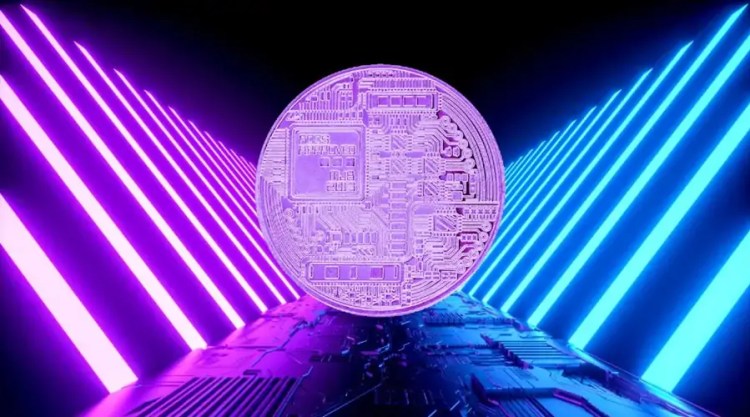Ripple executive chairman Chris Larsen has taken a defiant stance against the US Securities and Exchange Commission (SEC), making a resounding call for regulatory change in the cryptocurrency industry. Recent court decisions have dealt significant blows to the SEC’s approach, with federal judges calling its arguments “arbitrary and capricious.” In this evolving environment, Larsen and XRP lawyers sounded the alarm, calling on the US Congress to intervene and put an end to the SEC’s unreasonable lawsuits. As the battle between Ripple and the SEC continues, this article examines the latest developments and explores the potential implications for the broader crypto market. Here are the details…
Striking exit from Ripple executive to SEC
Ripple’s executive chairman, Chris Larsen, has made a striking statement against the US Securities and Exchange Commission (SEC) and its controversial enforcement policy towards cryptocurrencies. Larsen’s comments follow recent court decisions criticizing the SEC’s approach, calling it “arbitrary and capricious” in the Grayscale case and accusing it of “hypocrisy” in the Ripple XRP case. Larsen did not mince words, saying he hoped these latest court decisions would mean “the beginning of the end” for the SEC’s enforcement policy and regulation.
https://twitter.com/chrislarsensf/status/1699545784063303873
He argued that the courts’ rejection of the SEC’s approach should serve as a clear signal for Congress to take the lead in shaping cryptocurrency policy. “I sincerely hope that we are seeing the beginning of the end of the SEC’s policy of regulation through enforcement. The courts are rejecting this, and now it’s time for Congress to lead on crypto policy,” Larsen emphasized. Joining Larsen in his criticism of the SEC, XRP attorney Bill Morgan lamented that the SEC keeps losing in the courts as it continues to appeal decisions. Morgan called the SEC’s approach “absolutely deplorable.”
Blockchain development blocked
The crux of the problem lies in the SEC’s inability to explain the logic behind these lawsuits and clarify whether current regulations are sufficient to govern the crypto industry. This lack of clarity has had detrimental effects on the cryptocurrency market, preventing San Francisco from realizing its potential as the “Blockchain capital of the world,” according to Larsen. In an interview with Bloomberg, Larsen pointed the finger at both the US government and the SEC, blaming them for their hostile policies that have hindered San Francisco’s progress in the blockchain industry.

The XRP market reacted to this news with a slight decline; The price of XRP has fallen by 0.5% in the last 24 hours and the cryptocurrency is currently trading at $0.49. The lowest and highest price of 24 hours were recorded as $0.493 and $0.503, respectively. This development marks a critical turning point in the ongoing battle between the SEC and Ripple, and the crypto industry is watching closely as the courts weigh the future of cryptocurrency regulation in the United States.